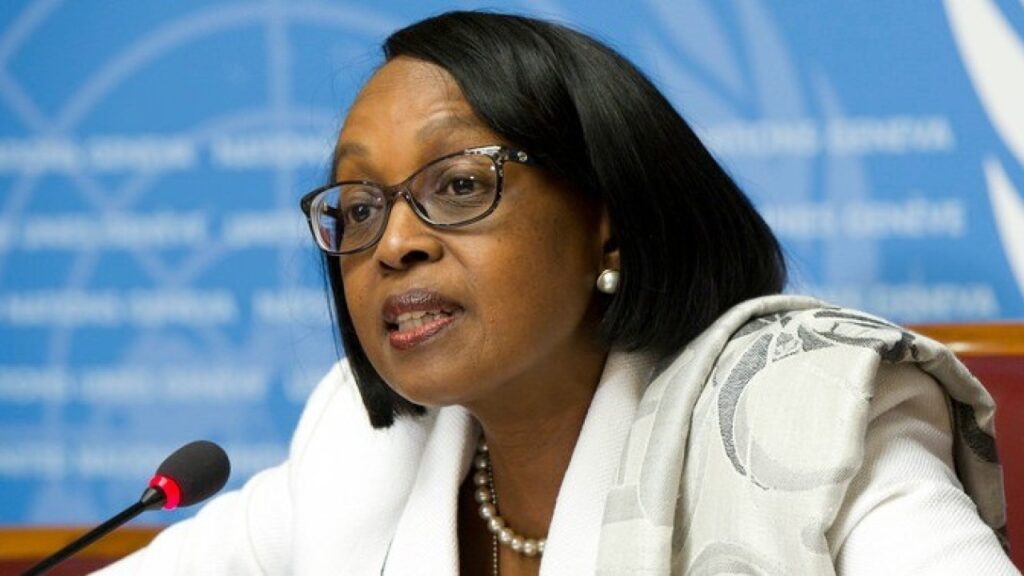In a sobering revelation, the World Health Organisation (WHO) has brought attention to the alarming number of Africans affected by hepatitis, with more than 91 million cases reported. This viral infection, particularly hepatitis B and C, continues to pose a significant public health threat across the continent, causing immense morbidity and mortality.
During this year’s World Hepatitis Day on July 28th, Dr. Matshidiso Moeti, the WHO Regional Director for Africa, issued a message urging action and commitment to eliminate viral hepatitis. She emphasized the importance of the global hepatitis strategy endorsed by all WHO Member States, aiming to reduce new infections by 90% and related deaths by 65% by 2030.
Dr. Moeti stressed the need for increased efforts in prevention, testing, and treatment, stating: “More than 90% of people living with hepatitis in Africa are not receiving the care they require. This neglect results in the progression of advanced liver disease, imposing a devastating financial burden, and causing emotional distress and stigma.
“She highlighted the urgent necessity to prioritize testing and treatment as a crucial aspect of the response to tackle hepatitis effectively.
Moreover, the WHO Regional Director expressed concern about the subpar coverage for routine childhood vaccination against hepatitis B in the region, standing at 72%—far below the global target of 90%. She called on all 47 Member States in the Africa Region to work diligently towards introducing the Hepatitis birth dose to enhance immunization coverage.
In a positive light, Dr. Moeti commended Namibia for being the first country to apply for the WHO path to Mother To Child Transmission Triple elimination status, including Hepatitis B. She urged other countries in the region to follow suit and take decisive action in combating this preventable yet prevalent health issue.
On World Hepatitis Day, Dr. Moeti urged collective action, saying: “By working together and taking prompt action, countries can make significant strides towards eliminating viral hepatitis and safeguarding the health and well-being of millions across Africa.
“The day serves as an opportunity to raise awareness of the different forms of hepatitis, their transmission, prevention, and screening. The focus lies in strengthening vaccination efforts and promoting public health interventions to curb the spread of this serious infection.


